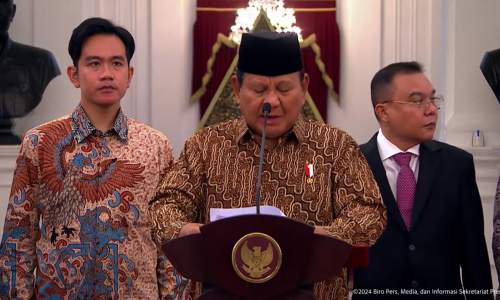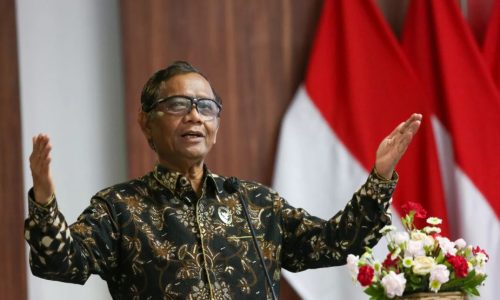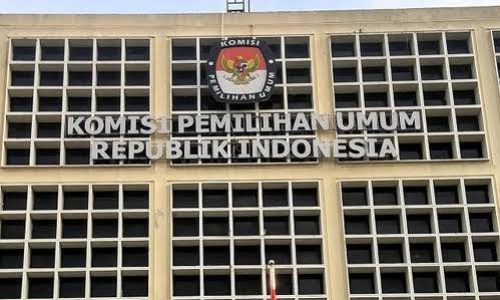International energy consultancy, Rystad Energy, says that the Indonesian government support is crucial to ensure success in monetizing the vast gas resources recently discovered in fields like Geng North and South Andaman Blocks, which are located some 100 kilometers off the northern coast of Sumatra.
The global consultancy firm emphasizes that such government support could be in the forms of appropriate fiscal policies and incentives that could attract global investors.
“While the opportunities are significant, the challenge lies in convincing investors to develop these projects. The success of these projects hinges on supportive fiscal policies and incentives designed to attract global investors.This must be a top priority right now,” Sofwan Hadi, Country Head of Rystad Energy Indonesia, said in statement quoted on Wednesday, August 21, 2024.
Sofwan underscored the importance of creating a favorable fiscal environment, including incentives and a tax regime. that ensures the economic viability of future O&G projects.
Moreover, flexibility should be provided to the Contractors of Production Sharing Contracts (PSCs) in choosing between gross split or a return to cost recovery models.
“If domestic gas prices fail to cover transportation costs, investor interest in developing these projects could be negatively impacted,” Sofwan added.
Previously, the Ministry of Energy and Mineral Resources (ESDM) indicated it is reviewing policy revisions to maintain the attractiveness of upstream O&G investments for PSC contractors operating in Indonesia.
Then ESDM Minister Arifin Tasrif noted that many other countries, such as Guyana, Mozambique, and Mexico, have implemented more aggressive policy frameworks, leading some contractors to invest elsewhere.
These countries are known for adopting very simple development schemes, imposing only taxes and royalties without additional levies. Arifin sugested that Indonesia adapt to remain competitive in attracting O&G investments.
Arifin also pointed out the urgency of accelerating the energy transition to achieve the 2060 net zero emission target while addressing the widening gap between domestic O&G demand and production.
In response, the ESDM Ministry has introduced three key policy supports: revisions to Government Regulations (PP) No. 27/2017 and No. 53/2017 related to upstream O&G taxation, implementing a new gross split scheme through a Ministerial Regulation, and revising the Property Tax (PBB) during the exploitation phase of O&G projects.
With these policies, the government hopes to sustain and boost investment interest in the upstream O&G sector, while maximizing Indonesia’s substantial resource potential.









